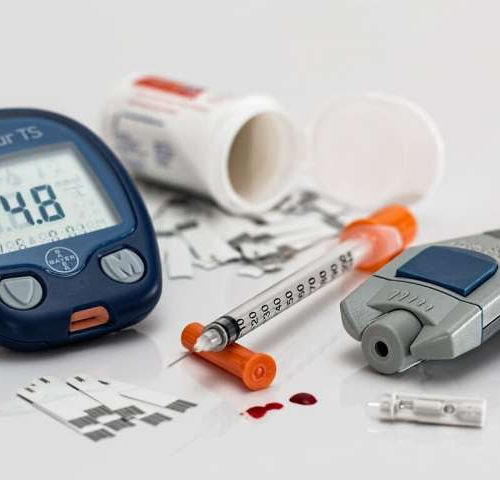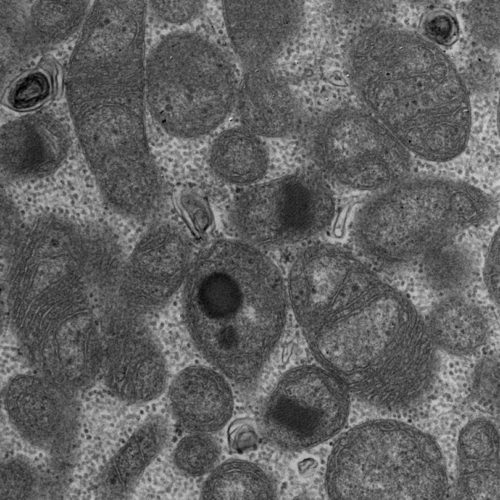by Barbara Branning, University at Buffalo The findings from a recent study by a University at Buffalo researcher and others could prove to be a game-changer for men with Type 2 diabetes. The single-site study, conducted over 11 years in Bremerhaven, Germany, found that testosteronetherapy reversed Type 2 diabetes in a one-third of the study...
Tag: <span>Hypogonadism</span>
Vitamin B3 revitalizes energy metabolism in muscle disease
An international team of scientists, led by University of Helsinki reported that vitamin B3, niacin, has therapeutic effect in progressive muscle disease. Niacin delayed disease progression in patients with mitochondrial myopathy, a progressive disease with no previous curative treatments. Vitamin B3 forms have recently emerged as potent boosters of energy metabolism in rodents. These vitamins...
Jatenzo approved for men with low testosterone
(HealthDay)—Jatenzo (testosterone undecanoate) has been approved by the U.S. Food and Drug Administration to treat men with low testosterone, medically called hypogonadism. The approval covers men with low levels of the male hormone due to specific medical conditions, including genetic disorders such as Klinefelter syndrome or tumors that have damaged the pituitary gland, the agency said in a news release. Jatenzo should not be used to treat men with “age-related...
Experts issue recommendations to improve testosterone prescribing practices
New scientific evidence has strengthened the case for reserving testosterone therapy for well-documented cases of hypogonadism, a condition where the body does not produce enough testosterone, Endocrine Society experts concluded in an updated Clinical Practice Guideline released today. The guideline, entitled “Testosterone Therapy in Men with Hypogonadism: An Endocrine Society Clinical Practice Guideline,” was published...
Scientists use stem cells to restore testosterone
Male hypogonadism is a condition affecting almost a third of the elderly male population. The most common treatment option is testosterone replacement therapy, but the practice can have significant side effects. A new development in stem cell research suggests an alternative treatment for hypogonadism may soon become available. Stem cell research may provide an alternative...


